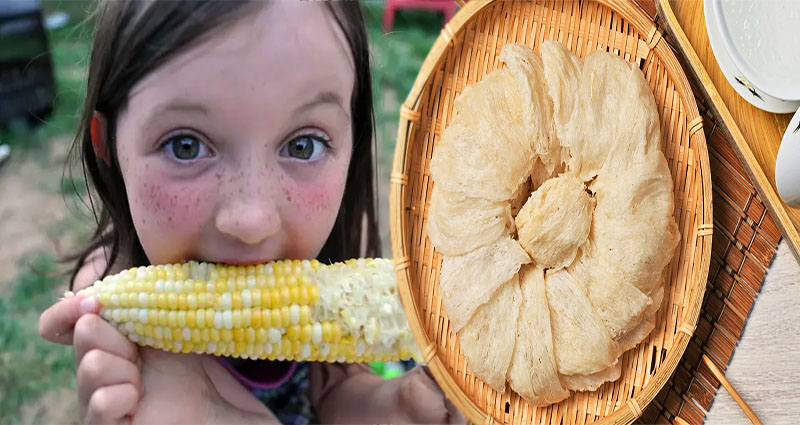If you’re looking for fun facts about science, you’ve come to the right place. Here you’ll find interesting trivia and information about science topics and food. Food plays a big part in everyone’s life, from allergies to diets. Even vegetarians and vegans have a variety of diets. Cultures around the world have their own local cuisines, and their general food habits depend on social, religious, and other factors.
Fruits
Sharing fruits as food facts with your child will help them learn about the different parts of these delicious foods. Fruits are a great way to encourage your child to try new foods and discover the many benefits of fruits. Kids are often reluctant to try new foods because they don’t like the texture, so letting them know some fun facts about fruit can help motivate them to try different fruits. For example, an apple contains about 25% air, which explains its buoyant shape. Another fun fact about fruit is that a single medium-sized strawberry contains up to 200 seeds, which are plant ovaries.
Vegetables
Vegetables are loaded with vitamins, minerals, and other nutrients. They support the immune system, promote growth, and prevent disease. Children are particularly drawn to brightly colored and sweet-tasting vegetables. Children also benefit from vitamin A, which helps eyesight and maintain healthy hair, and vitamin C, which helps the body absorb iron. Some vegetables may also have a pungent smell. If your child prefers the latter, opt for the former.
Nuts
Despite the dietary restrictions imposed on some kids, nuts are an excellent source of vitamins, minerals, antioxidants, and fibre. Kids should consume up to one and a half servings of nuts daily. They are a good source of protein and fibre and belong to the “lean meat and poultry” food group. Nuts should be refrigerated for two to three days. However, some kids have allergies to nuts.
Pecans
If you’re looking for food facts for kids, consider adding pecans to your list. These nuts are widely available and are supplied all over the world. They are safe to eat for most people, although some may be allergic to their chemical composition. A good way to reduce your child’s risk of developing an allergic reaction is to offer one or two pecans at a time. Lastly, be sure to be nearby while feeding your child, or at least a few minutes away.
Almonds
Almonds are high in fiber and contain a lot of essential nutrients. Fiber can keep the intestinal tract healthy and remove bacteria and buildup. Kids can trace letters and numbers on almonds or place them directly on the letter. They can even trace designs. They can also be bought sliced from the baking section of a grocery store to save time and money. You can also find 102 food activities that are fun for kids in Food Play Every Day.
Pineapples
As a popular Fruit, pineapples contain plenty of vitamins and minerals, including Vitamin C, Manganese, and Vitamin B. They’re also high in fiber and are an excellent source of potassium. Kids can learn more about pineapples’ health benefits by using the Food facts for kids. Listed below are a few interesting facts about pineapples, along with tips for making them a part of your child’s diet.
Carrots
You can give your child a healthy snack with carrots. Carrots contain vitamins, fiber, and antioxidants. They can also be cooked, mashed, or juiced. They contain many key nutrients that can help your child develop cognitively and grow. Listed below are some fun food facts about carrots. If you want to learn more about this delicious vegetable, keep reading!…And don’t forget to share these benefits with your children!
Bird saliva
Unlike human beings, birds do not chew their food, instead swallowing entire chunks. They also break up bigger pieces of food by slapping it against a rock or branch. Some species even use their bills to shred prey before swallowing it whole. Some species use a sharp claw to rip the food apart, but most just slather it with saliva and ingest it.









